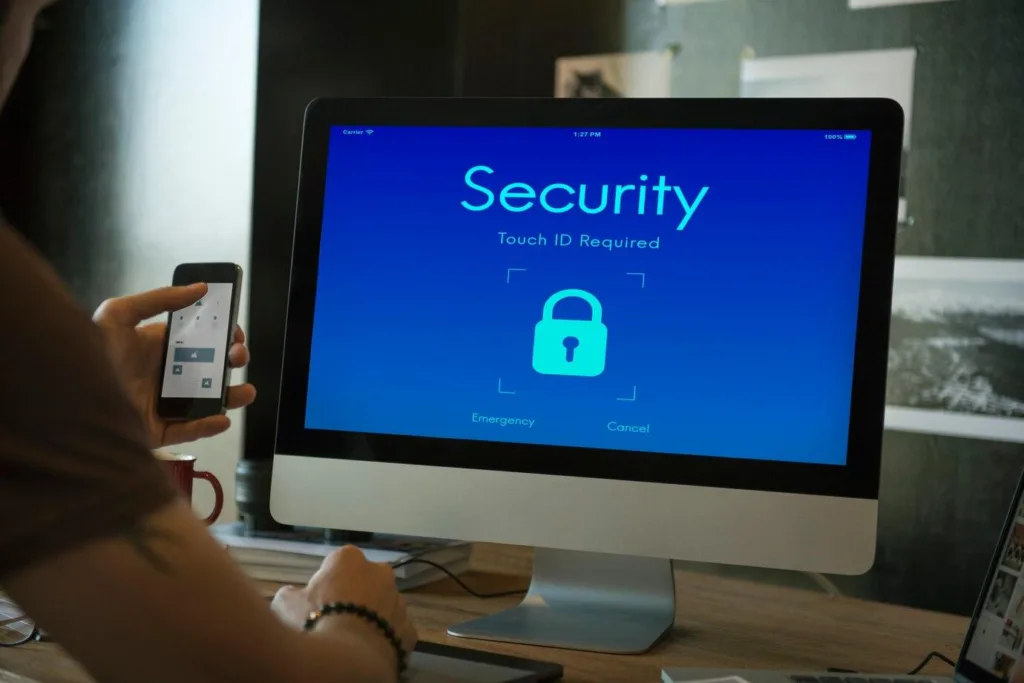How To Respond To Security System Alerts

In an increasingly interconnected world, security systems play a crucial role in securing our homes, businesses, and personal information. However, having a security system in place is only the first step. Knowing how to respond effectively to security system alerts is equally important to ensure the safety and integrity of your premises. This article provides a complete guide on how to respond to security system alerts, covering both residential and commercial settings.
Familiarize Yourself with the Security System Alerts
Before an alert occurs, it is crucial to be familiar with the functionality and features of your security system. Understand the different types of alerts it can generate, such as intruder alerts, fire alarms, or environmental sensors. Regularly update contact information, passwords, and emergency contacts associated with the system.
Stay Calm and Assess the Situation
When an alert is triggered, it is natural to feel a sense of urgency. However, it is essential to stay calm and composed. Assess the situation by checking the alert details provided by the security system. Determine the nature of the alert, the location, and the potential threat level.
Verify the Alarm
Before taking any further action, attempt to verify the alarm. Contact the monitoring service or check the security camera feeds to confirm whether there is a real threat. False alarms can occur due to system malfunctions or user errors, and it is crucial to differentiate them from genuine emergencies.
Contact Emergency Services
If the alert is confirmed and indicates a potential threat, contact emergency services immediately. Provide them with accurate information, including the type of emergency, your location, and any other relevant details. Prompt communication can significantly reduce response times and mitigate potential risks.
Utilize Remote Access
Many modern security systems offer remote access through mobile apps or online platforms. Take advantage of these features to monitor and control your security system remotely. It allows you to check camera feeds, lock/unlock doors, or turn off false alarms from anywhere with an internet connection.
Inform Key Contacts
Maintain a list of key contacts, including family members, neighbors, and employees, who should be informed in case of a security system alert. Communication is crucial during emergencies, and having a well-established network can enhance the overall response and coordination efforts.
Conduct Regular System Maintenance
Preventive measures are significant for ensuring the reliability of your security system. Conduct regular maintenance checks, update software and firmware, and replace batteries in sensors and devices as needed. A well-maintained system is less prone to false alarms and malfunctions.
Review and Learn from Incidents
After each security system alert, conduct a thorough review of the incident. Identify any weaknesses or areas for improvement in your response protocol and system configuration. Continuous improvement is key to enhancing the overall effectiveness of your security measures.
Conclusion
Effectively responding to security system alerts requires a combination of preparedness, quick thinking, and utilization of technology. By staying calm, verifying alarms, contacting emergency services promptly, and maintaining a proactive approach to system maintenance, individuals and businesses can significantly enhance the security of their premises. Regularly reviewing and learning from incidents ensures an adaptive and robust security response strategy over time.

